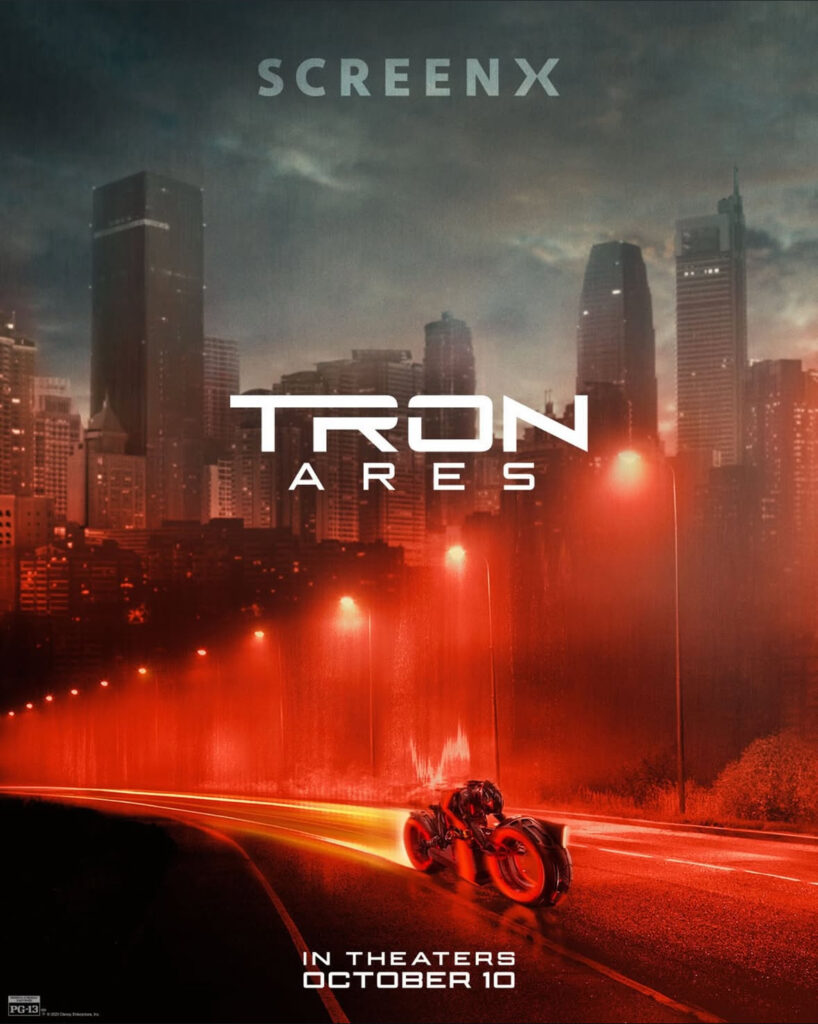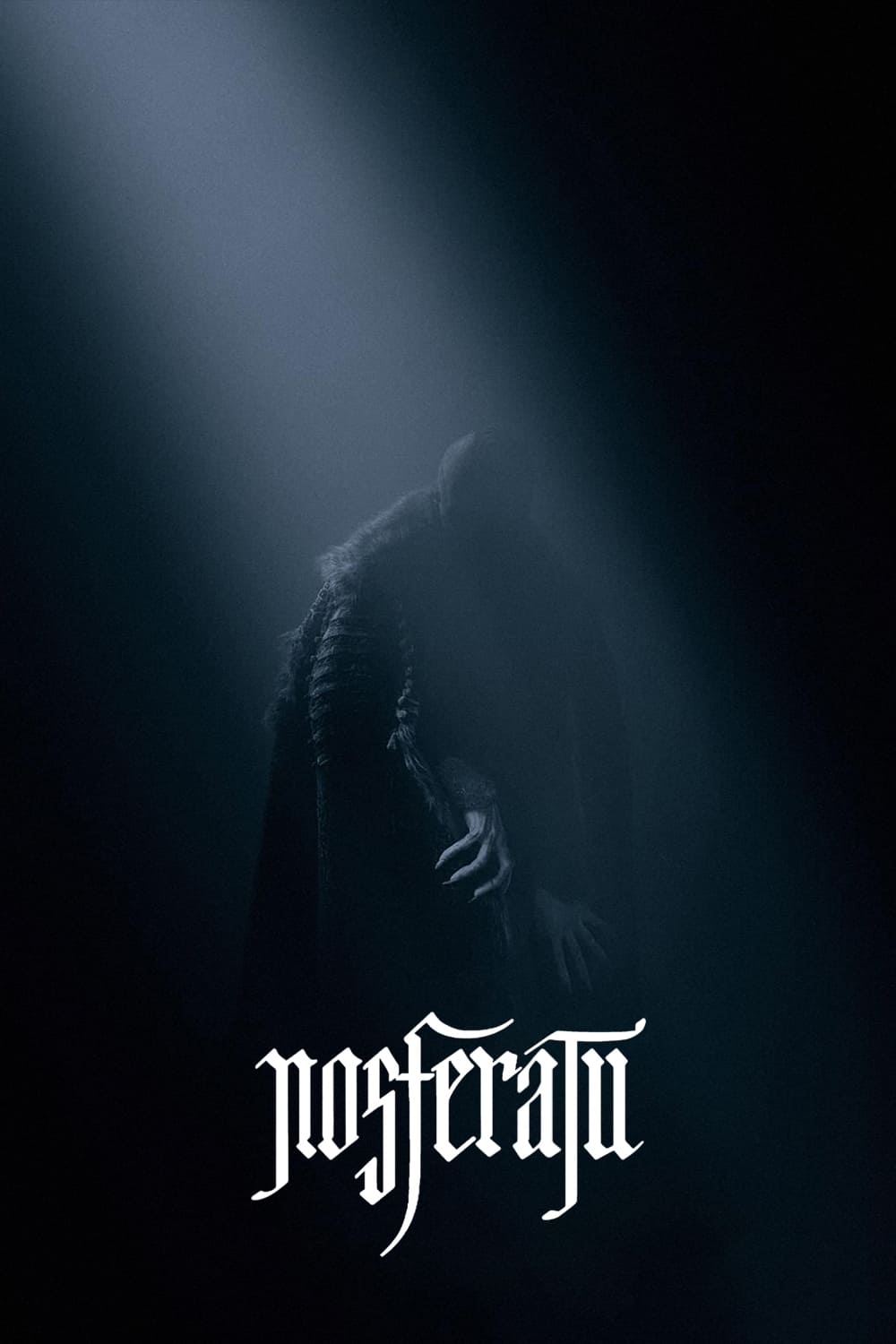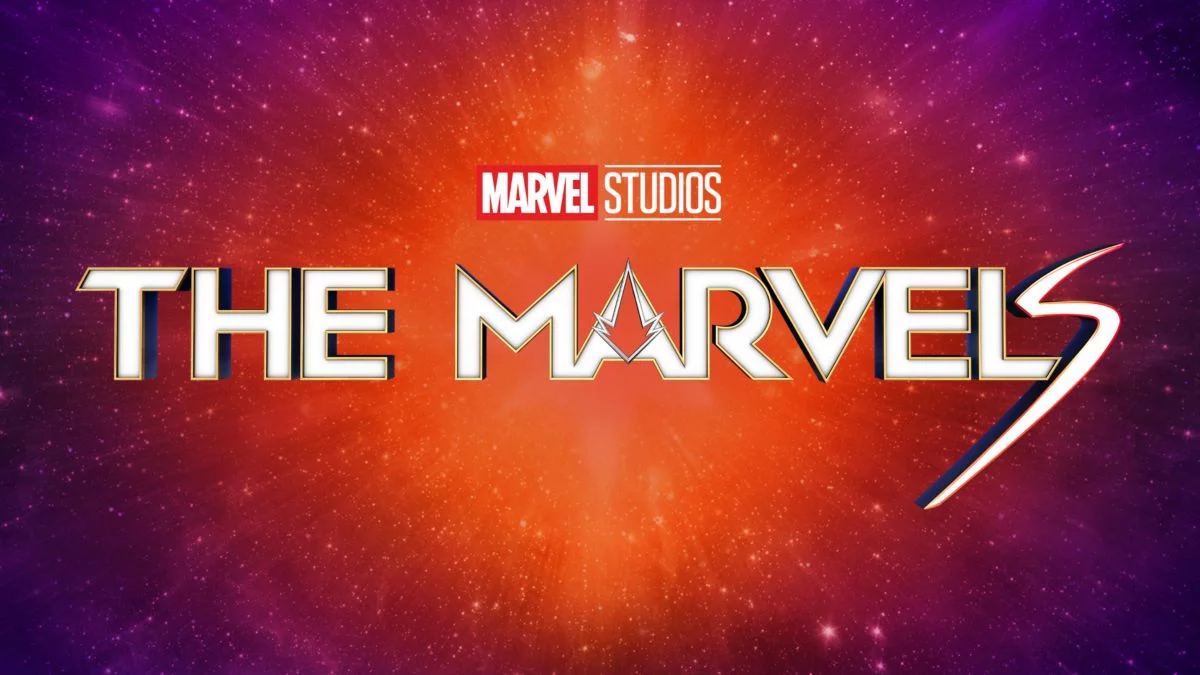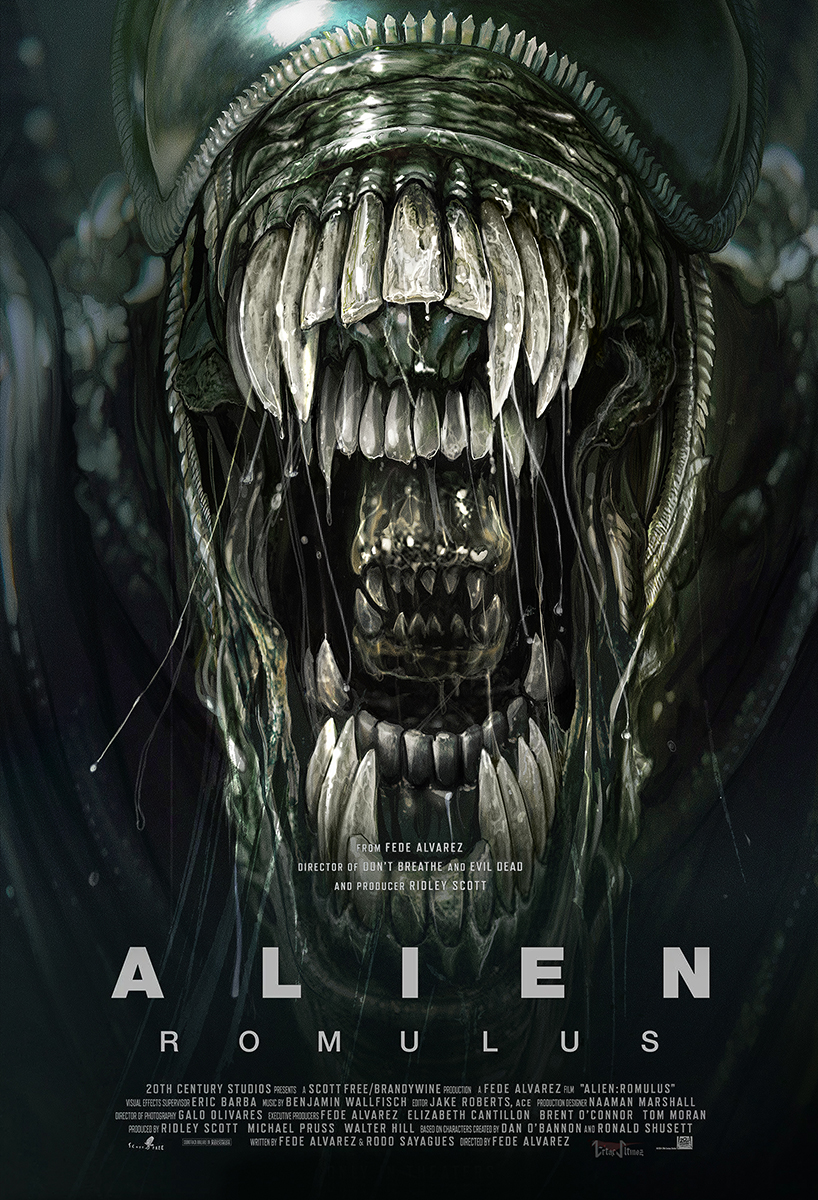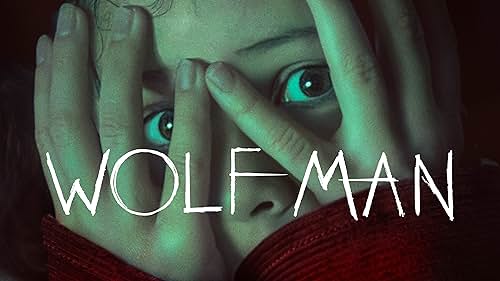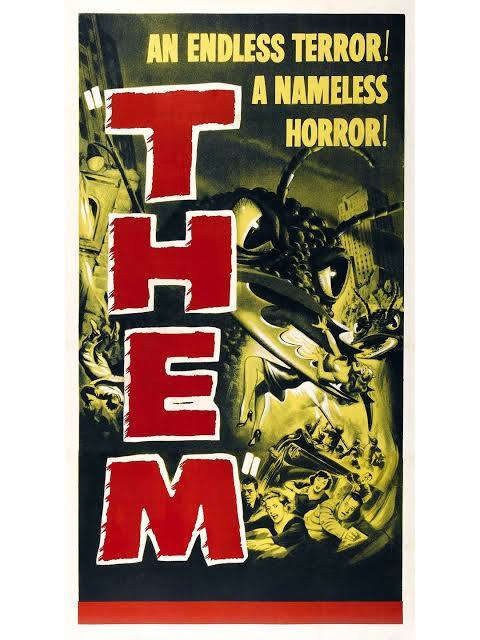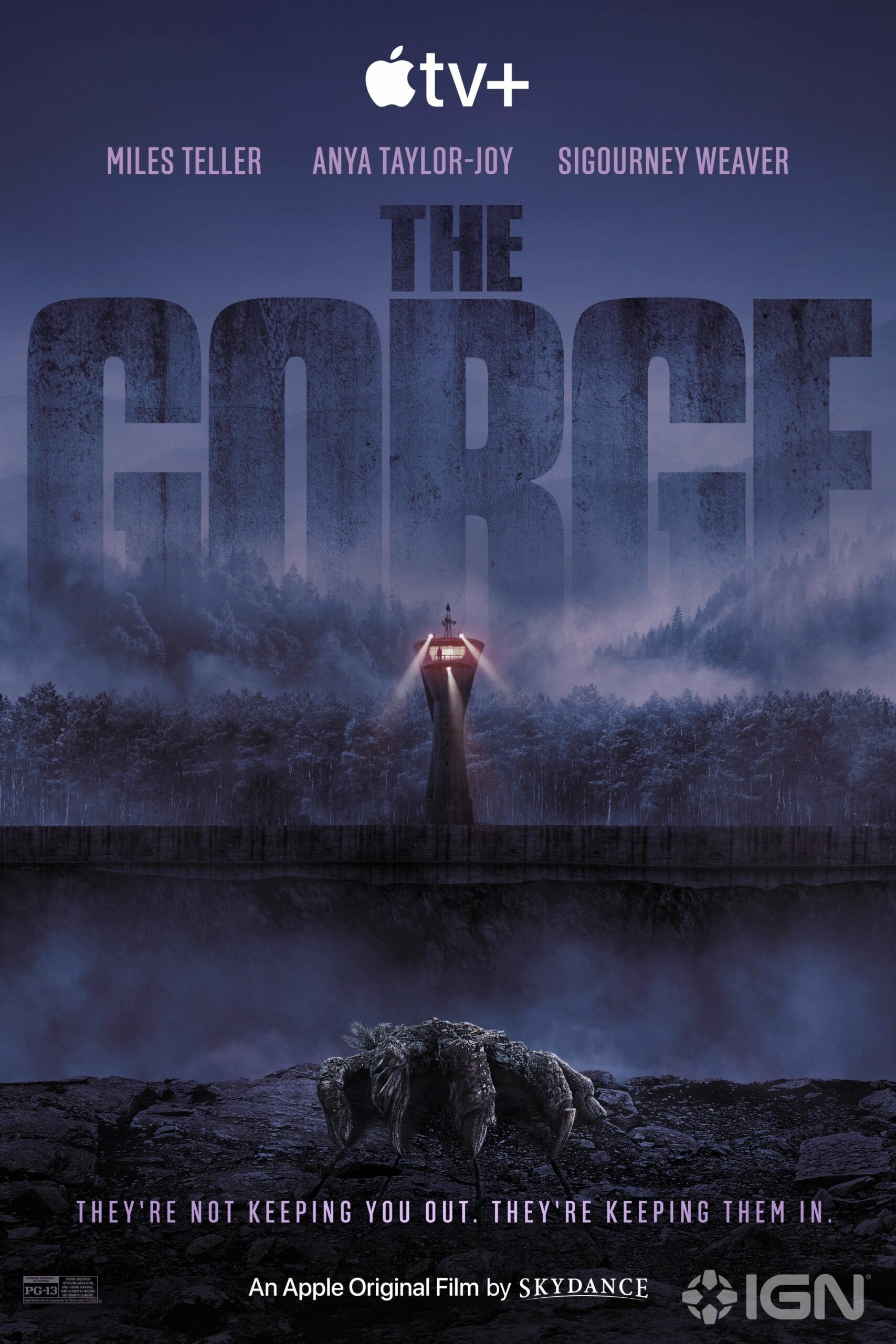
Latest Critic Reviews
Latest User Reviews
Critic Reviews
Details
Summary
Back to the Grid for Tron: Ares. 🥏✨
Release Date: October 10, 2025
Director: Joachim Rønning
Starring: Jared Leto, Greta Lee, Evan Peters, Jodie Turner-Smith, Jeff Bridges
Overall
Tron: Ares attempts to flip the franchise’s script by bringing the digital world into our own rather than pulling users into the Grid. While the film succeeds as an audiovisual feast, staying true to the franchise’s legacy of high-concept aesthetics, it ultimately feels like a stunning screensaver searching for a soul. The stakes often feel muddled. Despite a strong supporting cast, the central narrative struggles to justify its existence beyond being a vehicle for cool visuals and industrial rock. It is a film that is easier to admire for its technical craft than to love for its storytelling.
Acting
The performances are a mixed bag defined by the contrast between lead and support. Jared Leto (Ares) has built a career on intense, method-driven transformations, earning an Oscar for the raw, lived-in portrayal in Dallas Buyers Club. However, in Ares, his attempt at a robotic, detached intelligence comes across as flat and monotonous. The expected immersion and transformative quality are absent, making the emotional core of the film’s protagonist difficult to connect with.
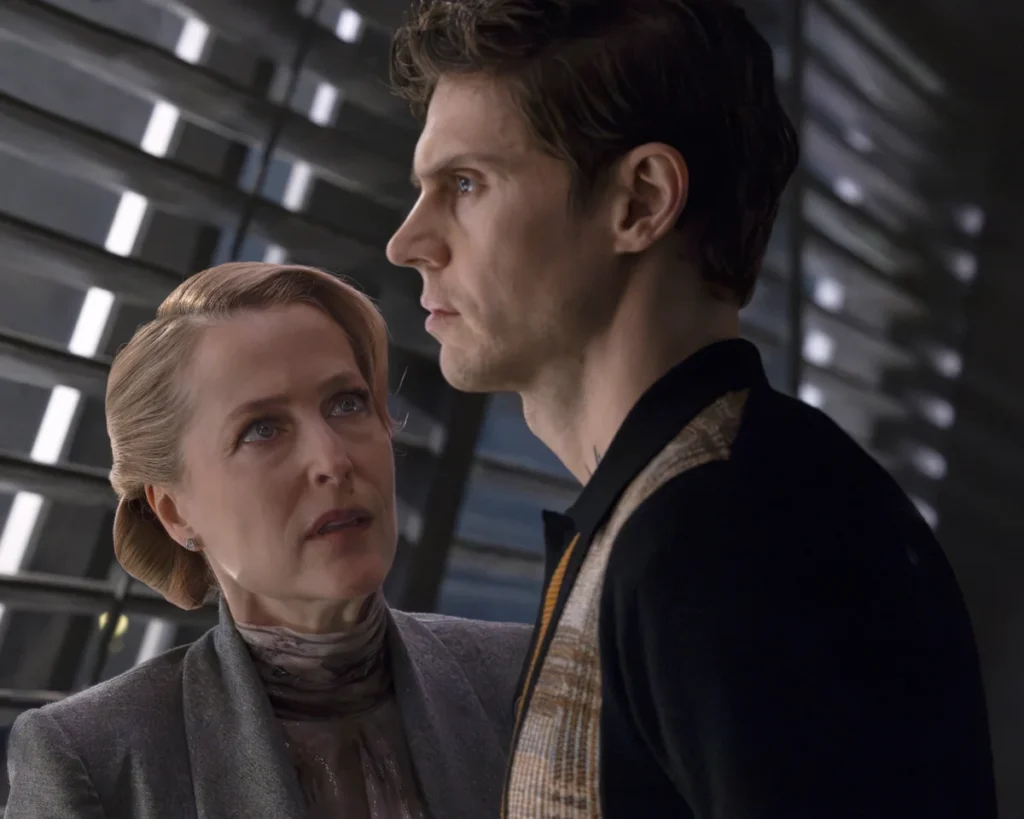
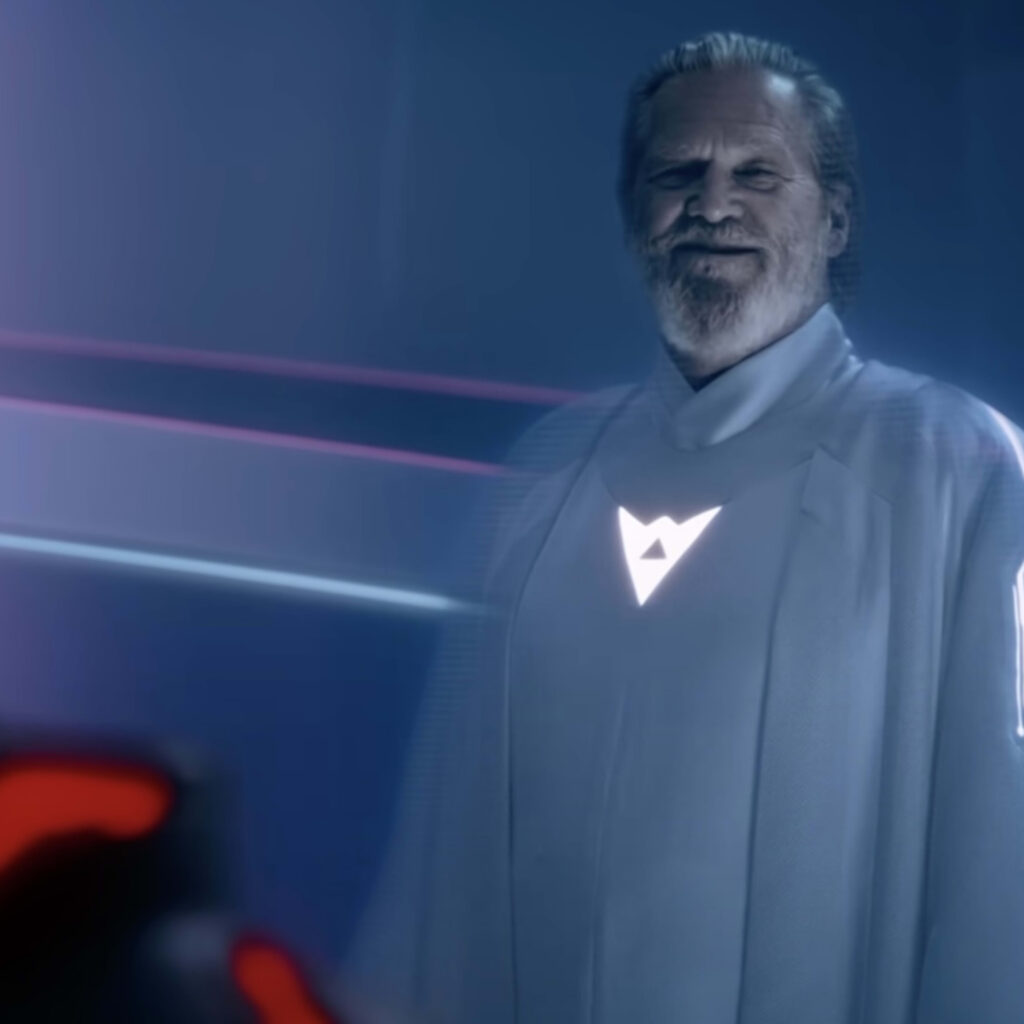
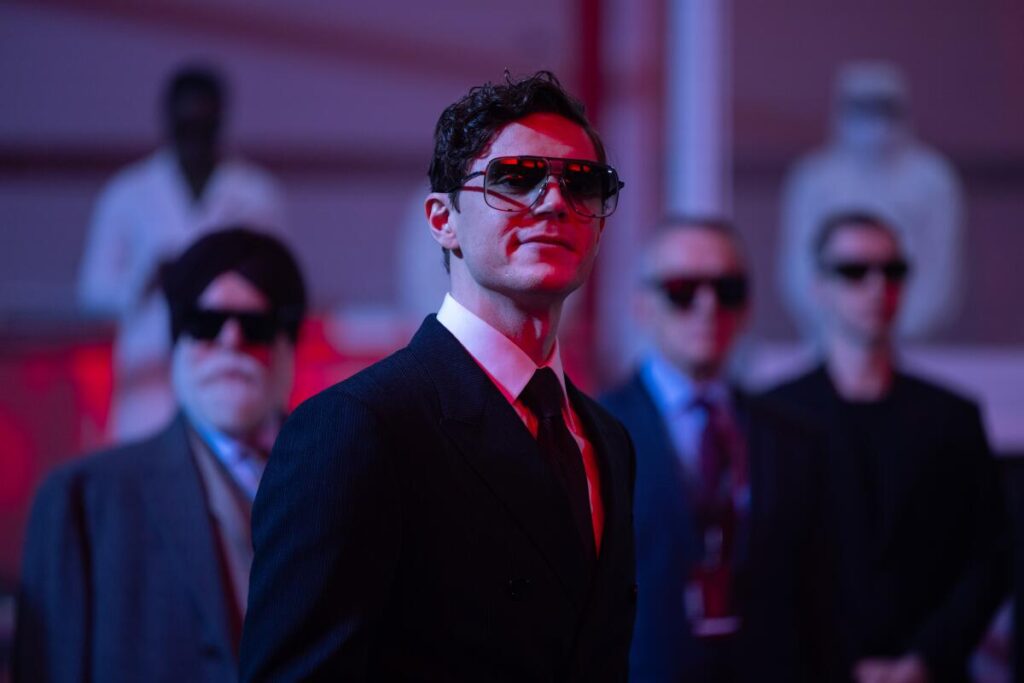
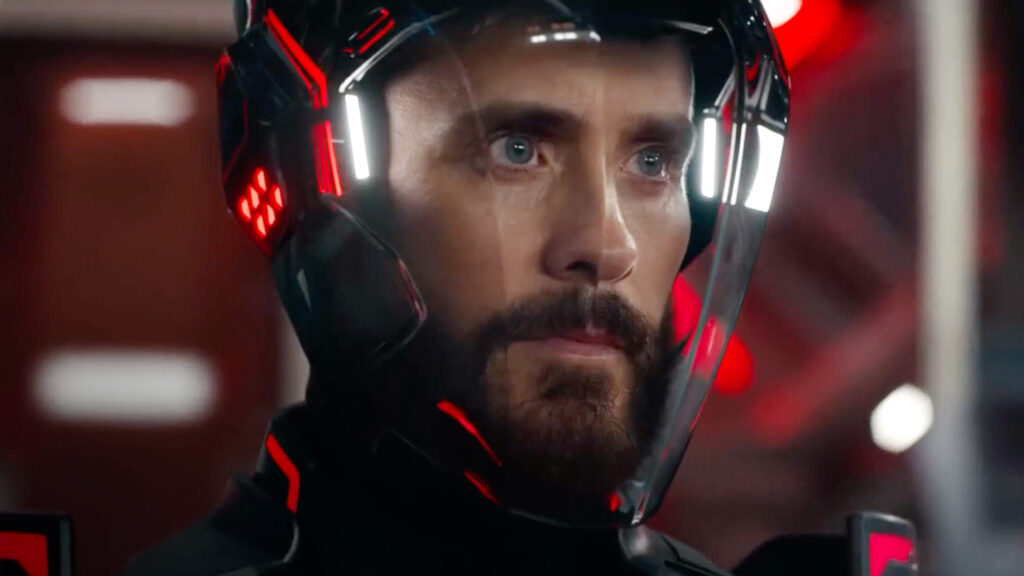
In contrast, the supporting players save the cast. Greta Lee, who brought such subtle, necessary pathos to Past Lives, brings her trademark grounded warmth to Eve Kim, successfully grounding the heavy sci-fi concepts. Similarly, Evan Peters channels the high-energy, often unnerving chaos he perfected across various seasons of American Horror Story. His performance as the villainous Julian Dillinger is delightfully unhinged and provides the charisma the lead lacks, showcasing his ability to chew scenery effectively.
Story
The script suffers from “sequelitis.” The core concept of Ares seeking a “permanence code” to exist in the real world is an interesting inversion of the original 1982 film, but the execution is lackluster. By spending so much time in the real world (specifically a rainy, gloomy Vancouver standing in for a tech metropolis), the movie loses the unique, sterile magic of the Grid that defines the Tron identity. The plot beats are predictable, recycling themes of “what does it mean to be human” that have been handled with more depth in films like Blade Runner or Ex Machina. The narrative feels less like a natural evolution of the lore and more like a reboot desperate to be modern.
Music
If there is one undeniable triumph in Tron: Ares, it is the score. Stepping into the shoes of Daft Punk is no small task, but Nine Inch Nails (Trent Reznor and Atticus Ross) prove to be the perfect successors. Reznor and Ross are already Oscar-winning film composers, known for creating moody, electronic textures and sonic tension in films like The Social Network and The Girl with the Dragon Tattoo.
Here, they trade Daft Punk’s lighter, more club-ready French House sound for something grittier and more industrial. The score is aggressive, mechanical, and dark, using percussive synths and grinding noise that fit the “program invasion” theme perfectly. It is a masterful piece of atmosphere that elevates even the dullest scenes, proving their versatility extends seamlessly from Fincher’s digital dread to Disney’s digital future.
Directing
Director Joachim Rønning’s past work is defined by massive scale, spectacle, and effects-heavy blockbusters, including Pirates of the Caribbean: Dead Men Tell No Tales and Maleficent: Mistress of Evil. This background is evident in Ares, where Rønning excels at managing the CGI set pieces and ensuring the film always looks polished.
However, his direction often inherits the common criticism of his past franchise work, prioritizing visual mechanics over character intimacy. The action sequences are competent and technically proficient, but they lack the fluid, character-driven energy that made Joseph Kosinski’s Legacy feel so distinct. Rønning seems primarily focused on the surface texture of the film, such as the rain and the neon glow, leaving the internal conflict of the characters on the back burner.
Cinematography
Jeff Cronenweth is a master of creating stark, stylized, high-contrast imagery, having served as David Fincher’s long-time collaborator on films like Fight Club, The Social Network, and Gone Girl. His aesthetic is a natural fit for Tron.
Cronenweth’s eye beautifully blends the signature neon luminescence of the programs with the gritty, shadowed reality of the human world. He specializes in framing characters against overwhelming digital or urban sprawl, making the contrast between the Grid’s geometric perfection and the organic, chaotic nature of reality pop. Even when the script falters, his expert use of light and shadow, particularly in the IMAX-shot sequences, creates a breathtaking visual experience that is unmistakably cool and technically flawless.
VirtualUrth Rating Breakdown
| Category | Score | Rating |
| Acting | 2 / 5 | ★★☆☆☆ |
| Story | 1.5 / 5 | ★½☆☆☆ |
| Music | 5 / 5 | ★★★★★ |
| Directing | 2.5 / 5 | ★★½☆☆ |
| Cinematography | 4 / 5 | ★★★★☆ |
| OVERALL | 2.5 / 5 | ★★½☆☆ |
The Verdict
Tron: Ares is a dazzling, sonically incredible, and visually sophisticated sequel that unfortunately fails to compute on a narrative and character level. It is a beautiful, expensive-looking downgrade for the franchise.
Related Movies
Related News


